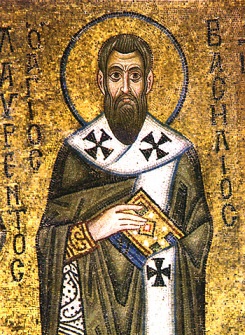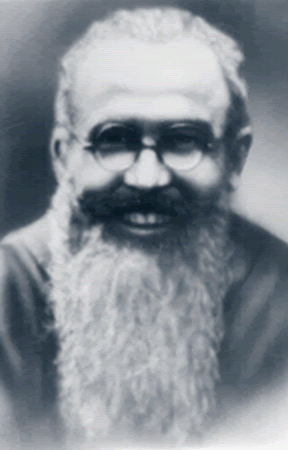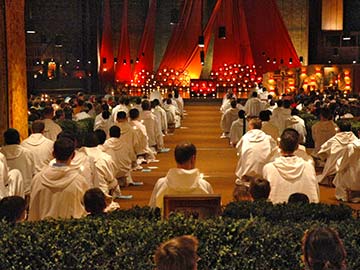Know your Rites
The other week I resumed a former “hobby” of mine. When I was living back in London I would often go and visit Eastern Rite Catholic churches…
What’s Rite?
A “Rite” in this context generally refers to a group within the wider Catholic Church which is associated with a particular liturgical tradition. The main Rite with which most people will be familiar is the “Latin Rite”. This is what is followed in most Catholic churches in Western Europe and the United States. However, what most people don’t know is that there are six other Rites in the Catholic Church. The Catechism in paragraph #1203 lists these other Rites as Byzantine, Coptic, Syriac, Armenian, Maronite and Chaldean. The majority of married Catholic priests (yes, you heard me right) will be found in these Eastern Rite Catholic churches where the discipline of celibacy is not exercised in the same way.
I love visiting Eastern Rite churches – I get to explore an unfamiliar liturgy, but unlike when I visit Protestant churches, I also am able to receive communion because the churches which I visit are in full communion with the Bishop of Rome. So far, I have participated in Maronite and Byzantine (Melkite & Ukrainian) liturgies.


 Today I’d like to look at another doctrine that is out there in the Christian world. It is usually called either the doctrine of “Eternal Security” or “Once Saved, Always Saved” (“OSAS”).
Today I’d like to look at another doctrine that is out there in the Christian world. It is usually called either the doctrine of “Eternal Security” or “Once Saved, Always Saved” (“OSAS”).
 Today is the feast day of one of my favourite Saints, the great St. Maximilian Kolbe.
Today is the feast day of one of my favourite Saints, the great St. Maximilian Kolbe. Next week is the anniversary of the death of Brother Roger of
Next week is the anniversary of the death of Brother Roger of 
